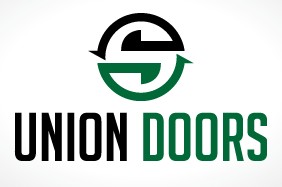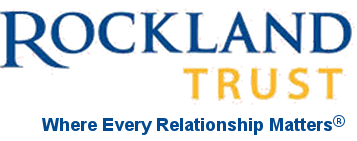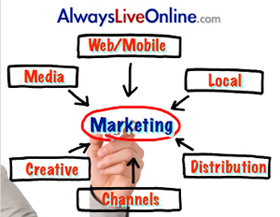Put LinkedIn to Work For You: 7 Ways
LinkedIn is a great tool if used with skill and purpose. Not every one does.
Here are seven tips for getting a good return on your efforts.
Article Courtesy of: Kevin Daum
While the longevity of commercial value with Facebook and Twitter continues to be questionable, there is no question that LinkedIn is here to stay.
It’s perfectly reasonable. LinkedIn is designed for professionals to connect, so they can do business. Still, many struggle with using this amazing tool effectively. People gather connections like colorful Easter eggs and never actually have any sort of meaningful interaction. They join groups and never engage or read the feeds. Others are just intimidated by the volume of feeds, groups, endorsements, and constant interactions.
You don’t have to be a social media maven to benefit from this (mostly) free gift of modern technology. Follow these simple tips and with little effort, make LinkedIn your new power broker for success.
1. Have Clear Purpose
LinkedIn is a tool and like all tools it serves a specific purpose. If you don’t know what you’re trying to accomplish, then the tool will be useless. You have to drive the process. Decide if you want to expand your network inside your industry or beyond. Are you looking to explore new careers or create new business development opportunities? Perhaps you are looking for mentors or peer groups? It’s okay to want all of this, but the more you focus your efforts, the easier it will be to get a specific and successful return.
2. Refine Your Profile
Would you walk into a sales meeting telling your buyer that you are job hunting? Not unless you want them to believe you have no confidence in your company and will be leaving soon. Yet, this is the sort of inconsistency that appears in every LinkedIn profile that sounds like a job application. Your profile is public and should send a message consistent with your description on your company website. It should demonstrate your background and experience in a way that exudes confidence and opportunity for people who might engage with you. It should be brief, engaging and accurate. It should show that you cared enough about it to fix the typos, post a thoughtful picture and be grammatically correct. Your profile is a first impression for many, and for those of you who don’t take care it will be certainly be the last.
3. Pick Groups That Matter
There are three good reasons to join a group. First, to stay in touch with peers you are already connected to through organizations like fraternities, service, or alumni. Second, to learn about an area of interest. This could be academic, social, or trade. Lastly, to stay abreast of happenings in a particular industry or area of commerce. Joining a group in hopes of promoting your services will be a waste of time and often offend other members. There can be value in discussions, but any group has discussion hogs that clog the feed. It takes effort to sort through the noise; so don’t spend a lot of time trying to keep up. Select truly relevant groups, set your digests for weekly and weed them constantly. Then you can spend 20 minutes on Friday and engage where you feel it’s appropriate.
4. Use Your Network
Being on LinkedIn and having 500+ connections does not make you a networker. Solid networking is still done through face and voice contact. But LinkedIn can be a great tool for enhancing those lunches and meetings. Before your next lunch meeting, review the connections of the people attending and identify two or three of their connections you would like to meet. Ask your lunch-mates for introductions and watch the fun start. They’ll be pleased you took the time to explore their profiles and may be surprised at the people you mention. (Be aware, they may not actually know them.) Offer to connect them with anyone they find in your list as well. Make sure you both have specific purpose in mind and report back any benefit received.
5. Dig Deep Into Your Connections
Count how many meaningful interactions you have initiated with your connections. Every week, identify five connections out of your list that can bring you real value, and send them a brief but personal message to connect by phone. Look for ways you can help them in their journey. If they are local, grab a drink, or lunch and do what networkers do best, connect and create mutual benefit.
6. Personalize Everything
Yes, I understand. Everyone is busy. It’s nice that LinkedIn provides an auto-phrase for interactions, but it simply conveys you are too busy to be a meaningful connection. When requesting a connection, review their profile and tell them why it’s worth their time. If accepting someone’s invite, review their profile and suggest a simple way you can help them. You wouldn’t be effective at a networking gathering playing a recorded, canned message. Don’t do it here.
7. Be Generous in Your Interactions
The upside of social media tools is that it’s easier to connect than ever before. The bad news is that marketers have bombarded the channels with noise that makes everyone cynical. Be a giver in the community. Don’t spam. Share information that truly has value to your connections. Ask yourself “Would I consider this to be thoughtful, relevant and presented with care?” If not, don’t post it. When approached to connect, give of yourself selflessly and abundantly. If you can’t, then don’t connect.
Build a manageable, deep network that you can service and cultivate, then the benefits will come back tenfold.

















You must be logged in to post a comment.